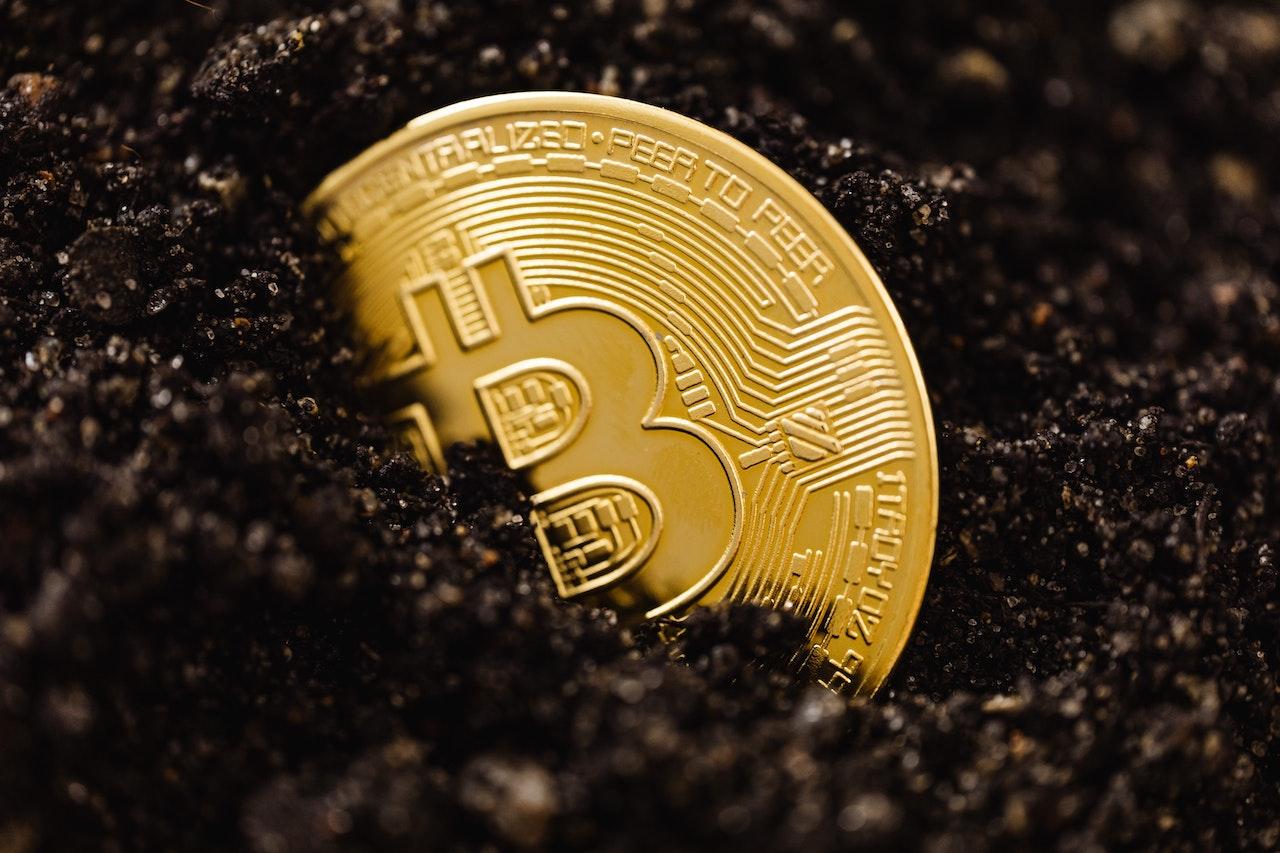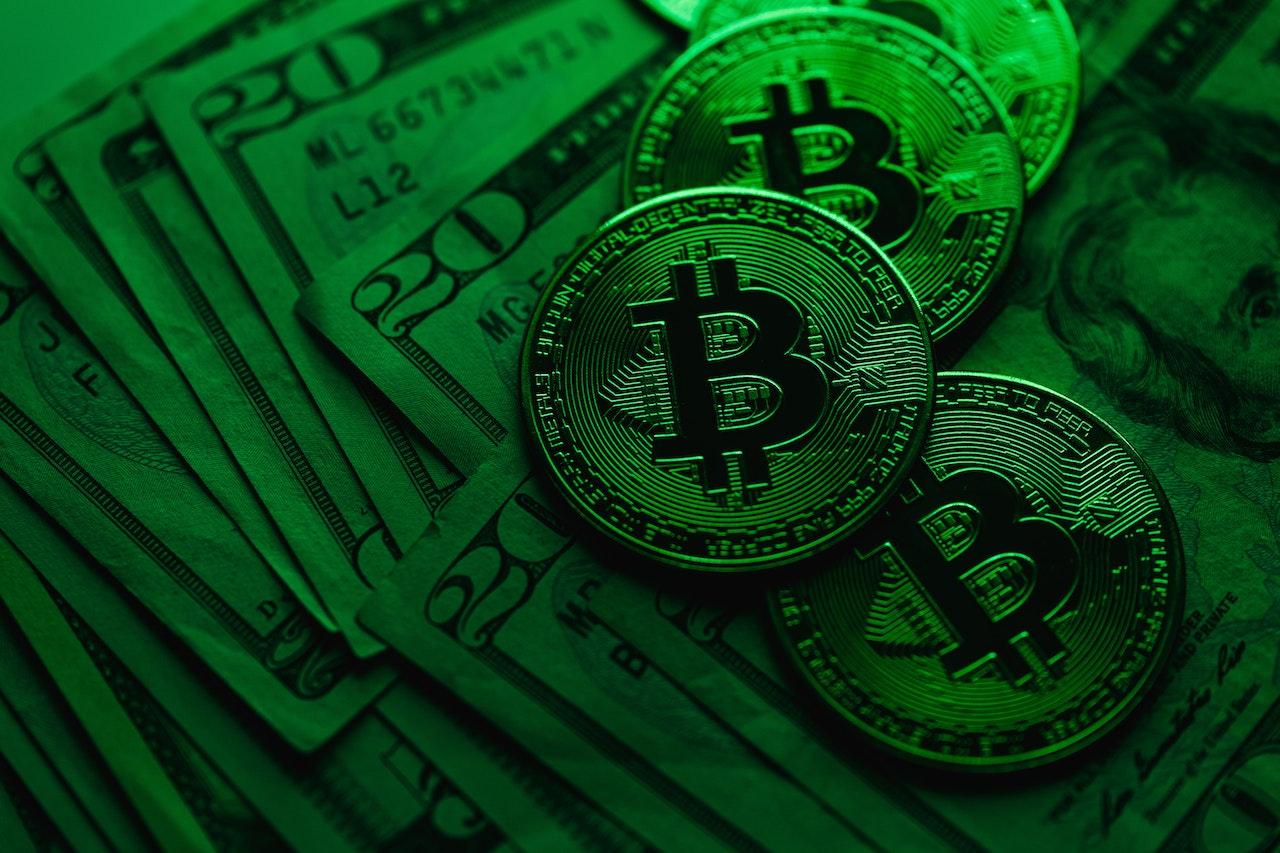Cryptocurrency, sometimes known as crypto-currency or crypto, refers to any type of virtual or digital currency that uses encryption to protect transactions. Without a central issuing or regulating body, cryptocurrencies use a decentralized mechanism to track transactions and create new units.
Learn how cryptocurrencies vary from cash and other payment methods before using or investing in them. Additionally, you need to know about cryptocurrency scams and how to spot them.

What is cryptocurrency?
Digital currency is a simple way to characterize a cryptocurrency. However, the idea underpinning cryptocurrencies’ value and security is somewhat esoteric and abstract.
For example, you often use your phone, computer, or cryptocurrency ATM to purchase bitcoin. Although there are various types of cryptocurrencies and new ones are constantly being developed, Bitcoin and Ether are two of the most well-known.
How do people use cryptocurrencies?
People utilize cryptocurrencies for various purposes, including immediate payments, avoiding transaction costs charged by conventional banks, or because it provides some privacy. In addition, some people invest in cryptocurrencies hoping their value will increase.
Differentiating Features of Cryptocurrencies
Because they are widely referred to as “coins,” bitcoins do not serve as a measure of value, a container for holding weight, or a medium of exchange, the word “cryptocurrencies” is frequently combined; with “coins.”
Coins can be distinguished from altcoins, though. In addition to Bitcoin, all other cryptocurrencies viewed as alternatives to Bitcoin are referred to as altcoins.
i). Coins
Since coins are built on their blockchain, they can be distinguished from altcoins. On such a blockchain, they act as both the native token and the fuel or gas payment token, even though they may pay the gas for using a different cryptocurrency.
Two excellent examples are Bitcoin on the Bitcoin blockchain and Ether, or ETH, on the Ethereum blockchain. The building or creation of a cryptocurrency begins with or follows the creation of a blockchain.
ii). Altcoins
While these can technically be coins, they are all considered alternatives to Bitcoin, the original cryptocurrency. Apart from Ethereum, most original ones, referred to as “shitcoins,” were forked from Bitcoin. These include Auroracoin, Litecoin, Dogecoin, Peercoin, Namecoin, and Peercoin.
Nevertheless, other cryptocurrencies have blockchains, including Ethereum, Ripple, Omni, and NEO, while some don’t.
iii). Tokens
In a blockchain, a permit is a digital representation of a particular asset or utility. All tokens can be referred to as altcoins. However, they differ by existing on top of a different blockchain and not natively being part of that network.
How can one obtain cryptocurrency?
You can purchase cryptocurrencies through a cryptocurrency ATM, a website, an app, or an exchange.
Some people generate cryptocurrencies through a labour-intensive process known as “mine,” which necessitates sophisticated computer hardware to resolve highly challenging math problems.

How do you keep cryptocurrency, where, and how?
Cryptocurrency is preserved in a digital wallet, which can be on your computer, in the cloud, or on an external hard drive. A wallet address, typically a lengthy string of numbers and letters, is a digital wallet feature.
If something happens to your wallet like sending cryptocurrency to an unknown person, forgetting your password to your wallet, or having your digital wallet abstract or compromised, approach crypto scam recovery firms to get help.
How to avoid cryptocurrency scams?
Even if cryptocurrency scams are on the rise, you can take proactive measures to never fall victim to one. Here are some strategies for avoiding cryptocurrency fraud:
1. Avoid sharing wallet keys
You’ll need a digital wallet and the private keys to access it to invest in or carry out transactions involving cryptocurrencies like Bitcoin.
If anyone asks you to give your private keys in any way, it is a scam, and you should be aware of it at all costs. Also, never divulge the access code to your digital wallet to anyone.
2. Ignore cold emails
If you receive a message offering a ‘great’ investment opportunity in cryptocurrencies that looks too good to be true, it usually is. Never enter your personal information or log into your digital wallet using weird URLs you get in emails, as they are most certainly frauds.
3. Do your homework
If a business tries to get you to invest in a “limited-time” offer, be sure to resist the pressure and do your homework.
Scammers have occasionally offered bonuses or reductions to entice investors to make a quick investment. To avoid cryptocurrency scams, before investing your money, take some time to conduct a thorough study rather than jumping all in at once.
4. Avoid Google and social media advertising
Crypto Scammers target cryptocurrency with adverts on social media and even Google searches.
Bad actors targeted consumers in 2021 by purchasing Google ad spots for fake websites that looked like well-known cryptocurrency wallets. The crooks were successful in stealing over $500k worth of cryptocurrencies.
5. Protect your business
Protecting cryptocurrency scammers from using your company’s name to defraud potential consumers or sell counterfeit goods is crucial to safeguarding your brand online. They can significantly negatively influence your brand’s reputation and potentially your revenue.
Is investing in crypto safe?
There are always crooks attempting to take advantage of investors’ desire to make money and their lack of experience, just as with any other popular investment.
Bitcoin, in particular, has generated profits from cryptocurrencies that FTSE investors can only imagine. However, this inevitably makes con artists eager to take advantage of unsuspecting investors’ ignorance and substantial investment returns.
It is because the idea of cryptocurrency is complicated and because most of the industry runs afoul of the law.
Mathematically speaking, cryptocurrency is probably secure. Digital currency transactions are kept in blocks that are chained together for storage. A block cannot be removed or undone after it has been added to the chain’s termination.
All the machines protecting the network share a golden copy of the accurate ledger of transactions. They are paid in an internal currency like bitcoin or Ether to keep a blockchain secure and current.
But the majority of investors don’t ask that question. Cryptocurrency has been routinely used to pay for fraud, wrongdoing, and ransom demands.

All About Cryptocurrency Trading
Similar feelings are sparked by the rapidly shifting cryptocurrency industry today and the type of influence it will have on future business.
Retail investors, speculators, and other institutional investors continue to pay close attention to the lucrative cryptocurrency markets. Unfortunately, scammers and cheats are also paying close attention to these markets.

Kathy Brooks is a digital marketing specialist at IPB Digital LLC. She is a technical writer that is fascinated with all things blockchain, cryptocurrency, digital assets and web3. Follow IPB Digital LLC on LinkedIn, Facebook and Twitter.